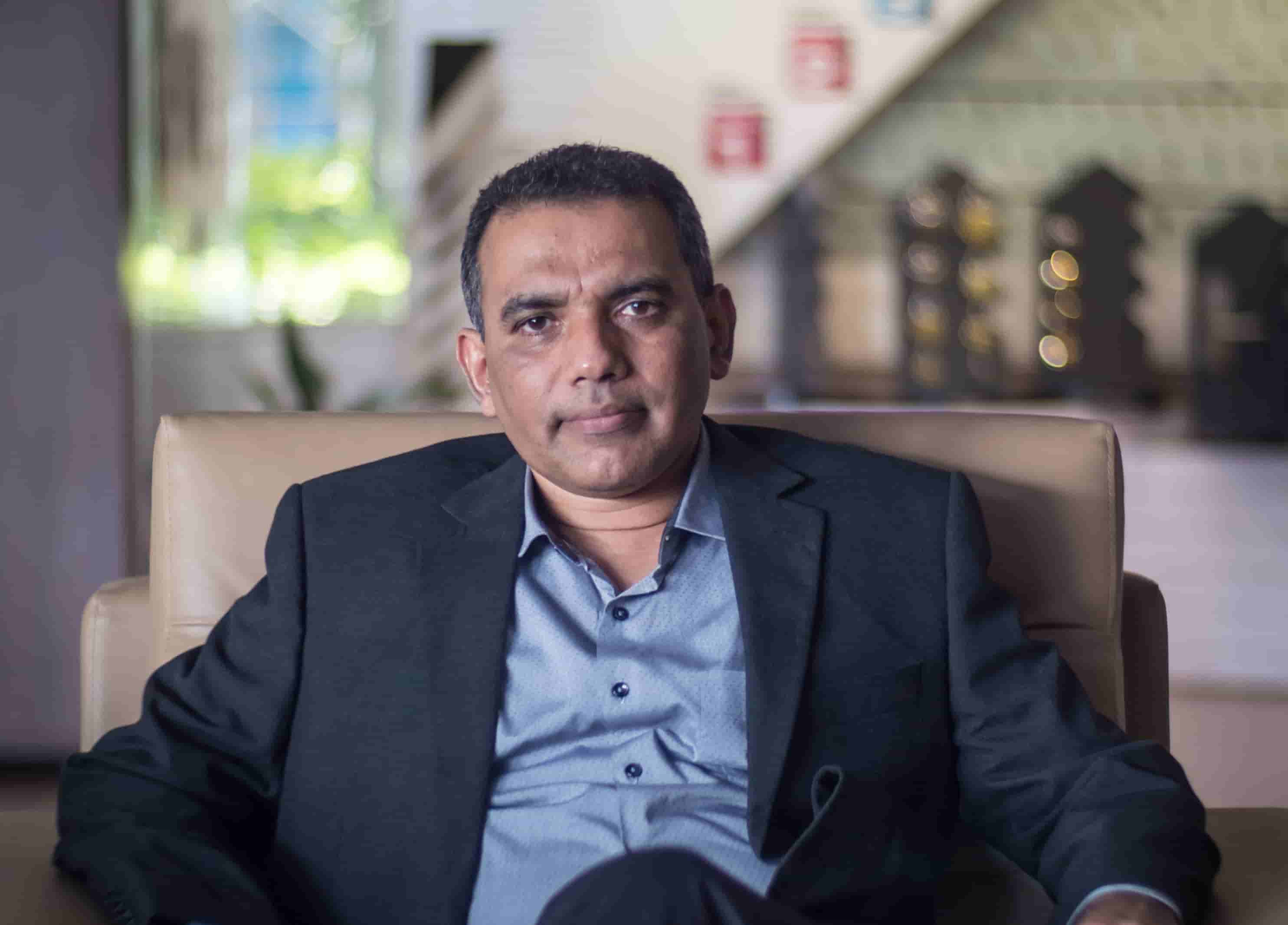Beyond Compliance, a Case For Corporate Commitment to Nature
Mumbai Metropolitan Region, bursting at the seams with a population of over 20 million, is also home to a magnificent mangrove ecosystem that stands as a testimony to the harmonious relationship between man and nature. Spread across an area of 40 sq. km. along its eastern and western coastline, the mangrove forests serve as a green lung for the metropolis as well as protect the island city from tidal onslaughts.
One with nature
In what is one of the finest examples of corporate commitment to the preservation of bio-diversity, a substantial patch of these mangroves are protected and preserved by Godrej & Boyce. The mangroves on Mumbai’s Eastern Express Highway are host to 11 mangrove plant species, and home to 208 bird species, 82 butterflies, 79 spiders, over 75 insects, 32 snake and lizard, 22 fish, 13 crab and several other undocumented plant and animal species.
This expansive green lung of Mumbai is scientifically managed with a three-pronged approach of research, conservation and awareness; more importantly by engaging citizens and organisations of Mumbai from time to time in the process of management of this private forest. More than 35,000 citizens have been actively engaged with to build awareness about the bio-diversity and the importance of mangrove forests in the wake of climate change.
The fact that these mangroves have sequestered over 950,000 tonnes equivalent of carbon so far and continue to sequester an additional 60,000 tonnes every year explains the monumental importance of its conservation for the entire Mumbai Metropolitan Region. At a time when climate change threatens to disrupt economies, such success in preserving Mumbai’s mangroves can be an inspiration for corporate India to go beyond internal compliance and actively preserve habitats for the benefit of the catchment communities – and the country.
The need of the hour
The world is waking up to the massive scale of the horrific fires engulfing the Amazon rainforest. Over 80,000 fires have been recorded in 2019 alone, which is an 80% jump over the previous year. The Amazon provides 20% of the world’s oxygen and stores the maximum amount of global carbon dioxide, preventing and mitigating climate change.
The Amazon fires are releasing billions of tonnes of sequestered carbon dioxide back in the atmosphere, increasing the risk of climate change to wildlife and human civilisations alike. They may destroy several plants and animal species, and nearly one in 10 global species.
Closer home in India, we are being buffeted by wave upon wave of devastating heat, floods and drought wrought by climate change and man-made calamities. For instance, the burning of crop residue by farmers in Punjab, Haryana and Uttar Pradesh chokes the National Capital Region every winter, affecting millions of lives for months together.
The UN’s Global Assessment Report on Biodiversity and Ecosystem Services points out that the health of the ecosystems on which the human and other species depend is deteriorating and that the rate of species extinction is accelerating at a faster rate than before. This is expected to have grave consequences on food and water security, livelihoods and economies, and the health and quality of life of people around the world – and in India.
While rural communities, that are highly dependent on natural resources, suffer from the immediate loss of these resources, urban communities to pay a heavy price in terms of increasing family healthcare budgets due to rising illnesses, loss of income from absenteeism at the workplace and deterioration in mental health. Not just citizens, but governments and corporations too are bearing the brunt of climate change impacts and it is only befitting that corporates, being key stakeholders, should do their bit in addressing these challenges. The least we can do is protect designated forests and ecosystems in our own backyard. These ecosystems not only provide food and livelihood avenues to local communities but also benefit the urban communities.
Unity in bio-diversity
Action in one area will affect outcomes in others, and development must balance social, economic and environmental sustainability. In 2015, the United Nations had developed a roadmap for sustainable development of human civilisations, other species and even non-living environment through its Sustainable Development Goals (SDGs). The involvement of all stakeholders is needed to reach these ambitious targets and corporate India can act as a change-agent by anchoring the responsibility for sustainable development. While the creativity, know-how, technology and financial resources from all of society is necessary to achieve the SDGs in every context, organizations can step up and take the lead in driving this positive change.
Corporate citizens can align their sustainability initiatives with national and universal targets to evolve as a synchronized positive force. For this, sharing of experiences and expertise is the key. Let us not wait for national policies and rules and regulations to dictate us their mandates, but let us together put forward steps to conserve the beautiful and productive forests all around us. While the Brazilian government, with the help of international organisations, will take steps to douse the Amazon fires, let us ensure that the forests around us thrive in good health and benefit each of us in return.
 Mr Anup Mathew is currently the Senior Vice President and Business Head of Godrej Construction, which is one of the 14 Strategic Business Units (SBUs) of Godrej & Boyce Mfg. Co. Ltd. He is also responsible for managing the Corporate Real Estate Assets of G&B. This includes the Godrej Pirojshanagar Township in Mumbai, and several other Real Estate Assets of G&B spread across India.
Mr Anup Mathew is currently the Senior Vice President and Business Head of Godrej Construction, which is one of the 14 Strategic Business Units (SBUs) of Godrej & Boyce Mfg. Co. Ltd. He is also responsible for managing the Corporate Real Estate Assets of G&B. This includes the Godrej Pirojshanagar Township in Mumbai, and several other Real Estate Assets of G&B spread across India.
Views of the author are personal and do not necessarily represent the website’s views.












